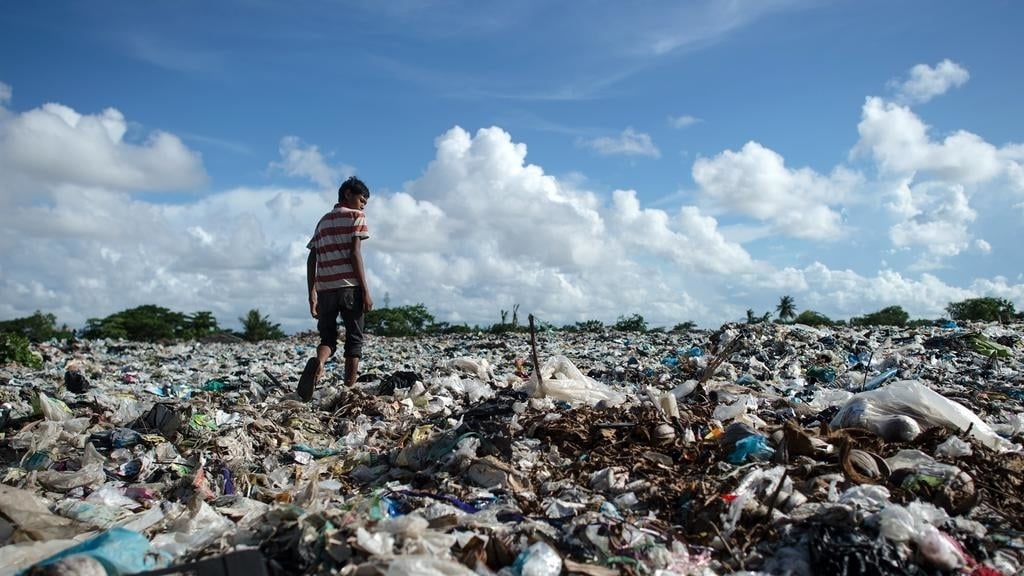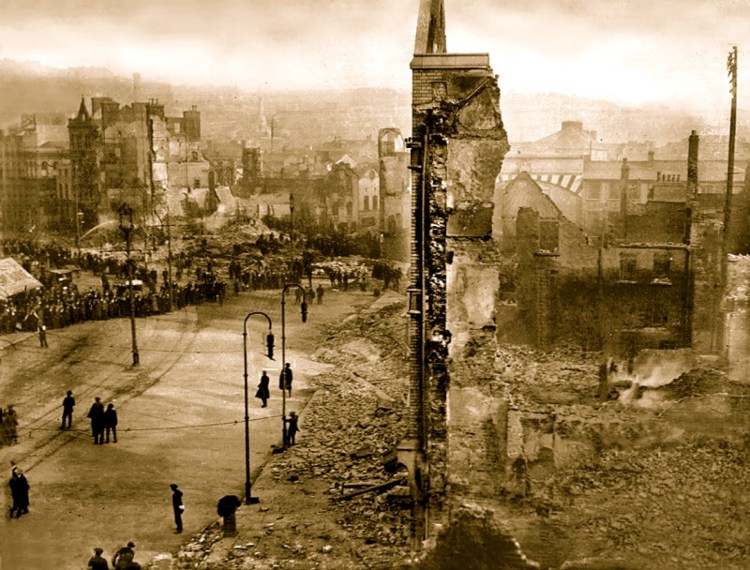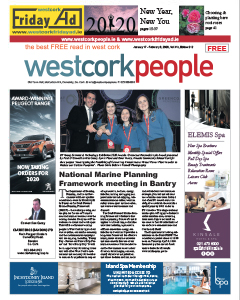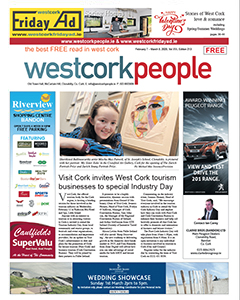PERMANENT CULTURE
This year is an exciting one for West Cork. There has been a tremendous amount of energy and enthusiasm pouring towards creating more sustainable, more environmentally – and people-friendly solutions to the way we live. Inspired by Clonakilty’s recent ‘Cool Community’ award, the ‘Cycling and Upcycling’ event co-hosted by Cycle Sense in Skibbereen, as well as so many other projects, I have decided to look at my favourite design system, ‘Permaculture’, to see what it can offer to the dialogue in this time of creative thinking and transition.
The word Permaculture was coined by David Holmgren and Bill Mollison of Tasmania, Australia in 1978 and is a blending of the words permanent and agriculture (or permanent and culture). At its core are three principals: earth-care, people-care, fair-share – it is a philosophy of design that follows nature and cultural patterns in order to create long-lasting, sustainable solutions that demand less-resources than conventional methods. Though often applied to gardening or farming, the philosophy is also applied more broadly with examples of projects around the world that include schools, tourist centres, refugee camps, rainwater harvesting, sustainable businesses and transportation. This set of principals also underpins the ‘Transition Towns’ movement that started in Kinsale in 2004, which has grown to more than one thousand member towns. This is the area in which I’m most interested; how the Permaculture system can assist in the design of sustainable towns and homes that are a joy to move through.
Over the next 12 months I will use this column to dig into the 12 principals that make up the Permaculture System, meeting with experts and chatting to local businesses to explore what these principals of design can offer to our homes and community. The principals are simple, straightforward, very practical and applicable to all of life – simultaneously clever and common sense. Over the year we will have some meet-ups to brainstorm out of which we (you’re included!) can then move some of our ideas into action. So straight in: This first month I will look at the first principal, and each month I will follow in order.
First in line is the principal ‘Observe and interact’ and of course it is the right place to start. Permaculture dictates that the only place to start any new design is to observe what is already happening in that space and then to interact with whatever it is that you are observing or observe the interactions already at play. No project is a blank slate, especially when thinking about how to move forward into more sustainable living practices, and even more so when considering how a town or family might move forward. So the first step in our year-long journey is just to observe, to observe from every angle possible, to realise that everyone and every thing might have a new perspective to offer. To see our homes, how they operate, how we move through them and use them day to day, how we socialise and what we use and consume. To observe our streets, how people move through them, and see the resources that may be available already at our disposal.
When we walk through our towns we can see where people congregate, where people sit to eat lunch on sunny days, how public space is used and sometimes also how it is abused, perhaps where rubbish is left and what kind of rubbish that might be. We can also observe the flow of people in that space, where traffic moves freely and where it is congested. Where different modes of transport – be it bikes, buggies or wheelchairs – and pedestrians move freely and also where they are impeded. We can also observe resources like shops, how they are laid out, which areas have the most traffic, where there are empty spaces, and when they open and close. There is plenty to observe! If we are thinking with a ‘Cool Community’ hat on, I could also focus on observing potential energy sources – which buildings get the most sun, where the river runs, the windy corridors, the sheltered havens. It is important if we want to embark on a Permaculture journey that we interact with the space, as most of us do already if we’re talking about our own homes and our own towns, but sometimes we hire or solicit ideas from people that don’t first observe or interact with our homes or towns and this can of course lead to problems – that is why this is the first principal.
If you are interested in joining the quest to develop some ‘Cool Community’ solutions let’s chat! Post a comment on the blog, chat to me in the street or come along to the Clonakilty Community Garden on Saturday, January 18 where Istvan Markuly will be leading a tree planting from 10-1pm and has offered to follow with a brainstorming session based on this first principal from 1-3pm, all are welcome. Istvan has taught Permaculture locally and internationally having trained at Kinsale College and he’s just back from a project ‘Greening the desert’ in Jordan – get in touch on his facebook @clonpermaculture.
So enjoy observing this month and I will share some of my (and your) observations in the next article, when we will also look at principal 2: ‘Obtain a Yield’ –see you then!
Side note:
Interested in joining Allison on this Permaculture journey? You can read this article and previous ones on www.explodingtree.com/permaculture/ where you can comment and add your ideas and observations.





